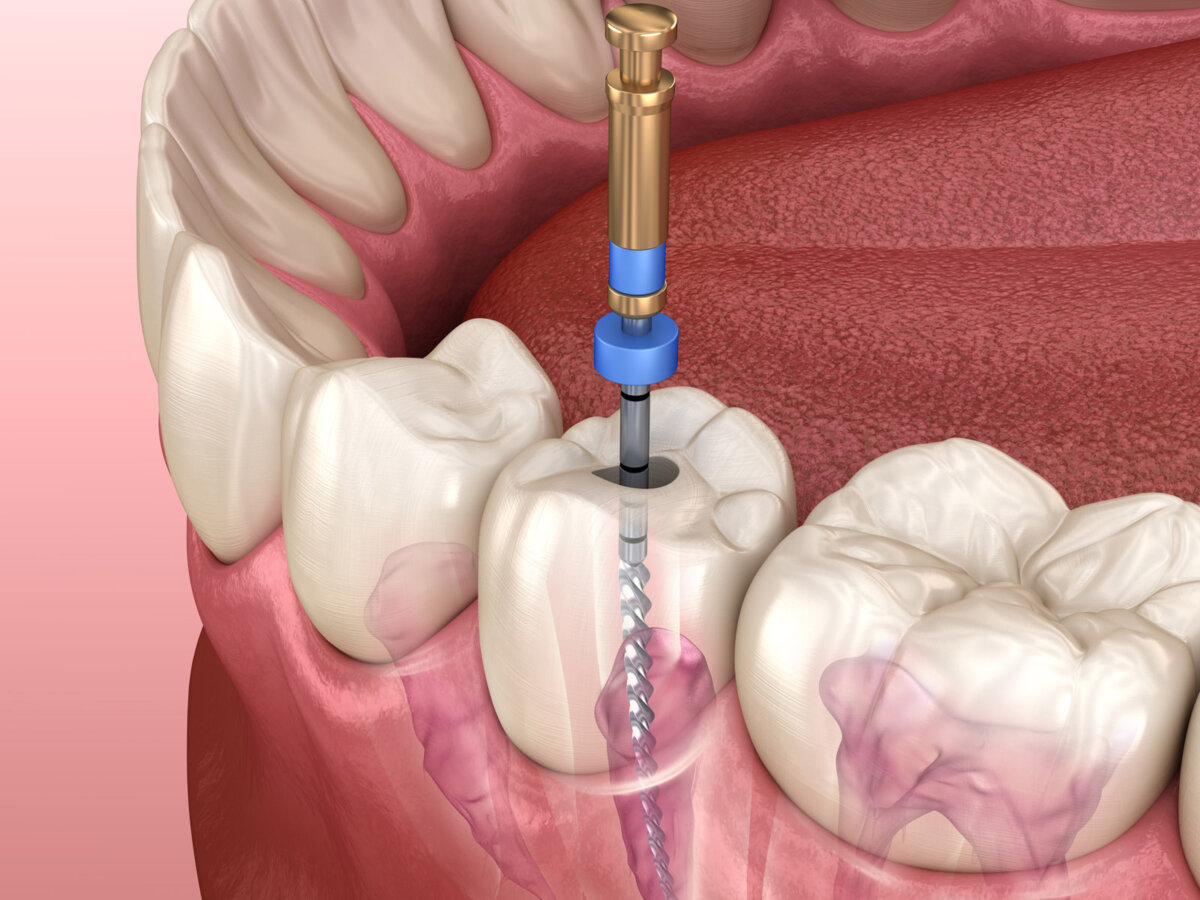Blog
Dental hygiene tips for healthy teeth & gums

Does a Root Canal Hurt?
Your dental professional may recommend that you undergo a root canal treatment, and you might be worried about the pain. In most cases, root canal procedures do not hurt the same as getting a filling or any other kind of dental treatment. They are usually conducted using local anesthesia to numb the pain. When you suffer from a pulp infection, root canal therapy is usually your best option for resolving symptoms such as pain, swelling, temperature sensitivity, and other discomfort.
How does a root canal work?
A dentist or endodontist with enough experience may perform root canal therapy (endodontic treatment). It may be needed for you to visit the dentist several times, depending on how complicated your case is.
An x-ray will reveal whether your dentist finds signs of an infection in your tooth, so a root canal may be recommended. You can choose whether or not you want to proceed with the procedure; they will tell you what it involves and the possible risks.
The dentist injects a local anesthesia to numb the pain, and remove all the infected tissues while disinfecting the area. Your dentist will place a synthetic material in place of the infected tissue. Afterward, a custom-made crown or filling will be placed on your tooth to seal it.
Can root canals be painful?
Are you told that you need a root canal to protect your teeth from infection? The thought of going through this might make you nervous. Many myths surround the root canal procedure.
Fact: The pain is because of Infection
A lot of discussions have been going on about how painful root canals are. In reality, the procedure doesn’t hurt, but your tooth does. Root canals are most likely needed if you have a deep infection inside your tooth or decay so bad that your natural tooth is in danger of being lost. You are in so much pain because of an infection or decay.
Myth: It is painful to have a root canal
Your tooth will only be subjected to pressure during the procedure. Whenever your dentist works on the area, they ensure it has been thoroughly numbed first. If your mouth has regained feeling after the procedure, you may experience discomfort or even pain. Please be assured that dentists often provide you with detailed aftercare instructions to help you maintain a clean area and manage pain.
Myth Buster: Treatment is meant to relieve your pain
Anesthesia is used during root canal treatment, so there is no pain involved. In cases of long-term root canal treatments, an anesthetic may be reapplied when necessary to alleviate the discomfort. Additionally, your dentist may offer other forms of sedation if you feel you need some help feeling calm. Taking pain-relieving medication during the first few days following treatment can help manage any pain.
The procedure of root canals is often misunderstood. The bottom line is that you already feel pain in your tooth, so the removal of infection or decay that caused it is only mildly uncomfortable compared to that pain. When you experience any discomfort or pain in your teeth, you should contact your dentist for the best treatment.


